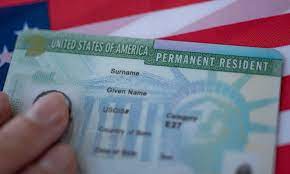Practice Areas
We can help you
Attorney David Bagdasarian puts his experience and professionalism at your disposal supported by a specialized team in immigration cases.
We have won cases for our clients in various immigration courts in different cities. We also offer fair prices when we your case.

01.
Asylum
Obtaining asylum in the United States is a form of protection granted to people who are persecuted in their countries of origin for political, religious, race, nationality or belonging to a certain social group. We can help you with the process of applying for asylum. This could offer you lawful permanent residence – LPR. Requirements to qualify for asylum:
Apply within five years of entering the United States. (There are some exceptions to this)
You must have been persecuted or in danger of persecution in your country of origin. This persecution or danger must be caused by your political opinion, religion, race or nationality.
Affirmative asylum is for people who are not currently in court proceedings. Normally within a year of entering the US.
Defensive asylum is for people who are already in a legal proceeding.
02.
Family based Immigration
Bring family members together through the family visa process
The Immigration and Nationality Act allows people to immigrate to the United States based on their relationship to a United States citizen or Lawful Permanent Resident (holds a green card).
If you are a United States Citizen, you can ask for the following relatives:
-husband or wife
-Unmarried child under the age of 21
-Unmarried son or daughter over 21 years of age
-Married child of any age
-Brother or sister (if over 21 years old)
-Mother or father (if over 21 years old)
-If you are a Lawful Permanent Resident (have a green card), you can ask for the following relatives:
-husband or wife
-Unmarried child under the age of 21
-Unmarried son or daughter over 21 years of age
Family immigration can be a complex process.
In certain cases a person can apply for a green card in the United States through what is called “adjustment of status.” In other cases, a person must apply through a US Consulate abroad.


03.
American citizenship
A consular processing attorney is familiar with the process that allows non-U.S. citizens to become U.S. citizens and can guide you through the process to ensure you meet all requirements. The first thing they will do is assess your eligibility. Many times, an incident in the client’s past is the cause of her ineligibility. We are aware of how long the process is, therefore we make sure that our clients do not waste their time!
There are several ways to qualify to become a citizen through naturalization. The most commons are:
-Permanent Residence for at least 5 years and meet all the requirements.
-Permanent residence and for meeting all the requirements to apply as a spouse of a US citizen.
-Qualify by serving in the US Armed Forces and meet all requirements.
A child may qualify for naturalization if one or both parents are US citizens, the child was born outside the US, the child is presently residing outside the US, and all requirements are met.
04.
Immigration Bonds
Bail refers to the currency paid to secure the release of a detained alien. This serves as a guarantee to the government that, once released from detention, the individual on the bond will attend each immigration court hearing. After ICE detains an alien, it sets the bond amount, assuming that individual alien is eligible. The bail amount is based on a “risk assessment and rating,” which determines the risk to public insurance and the risk of absconding for this particular individual. If the individual cannot afford the bond amount set by ICE, he or she can request that an immigration judge review and lower the bond amount.
Immigration bonds in California must be paid directly at the ICE offices (ERO Field Office). These local offices, which operate in most cities in the country, are in charge of processing these payments.
The bail money is deposited by the immigration agency in a fund maintained by the Department of the Treasury. This fund is called the Immigration Bond Deposit Account, or the Immigration Bond Deposit Account.


05.
Cancellation of Removal
If you are a non-permanent resident and have been placed in removal proceedings before an immigration judge, cancellation of removal may be a defense in order to avoid deportation and obtain permanent resident status and eventually citizenship.
To qualify for cancellation of removal you must be in removal proceedings and you must provide evidence of the following:
• You have a spouse, child, or parent who is a lawful permanent resident or US citizen.
• That you have been continuously present in the United States for at least 10 years.
• That you have good moral character during the 10-year period.
• You do not have convictions that make you inadmissible or deportable, such as an aggravated felony.
• That your US lawful permanent resident spouse, child, or parent would suffer “exceptional and extremely unusual hardship” because of your deportation.
06.
Los Angeles Immigration Court
Unlike criminal court proceedings, aliens who are in the process of being deported or removed do not have the right to hire a free attorney and will usually be asked by the judge to find a private attorney to represent them in court. court. Immigration laws and immigration procedures are very complex and complicated to understand, especially for foreigners who do not have enough education, and do not speak English fluently. Qualified immigration attorneys are typically familiar with immigration laws and procedures.
Their job is to provide advice and accompany you to each hearing in Immigration Court. The deportation process is usually long, complicated and distressing for the migrant and her family. Hence, having an in-depth knowledge of immigration law and having won cases similar to yours is an advantage.
This is achieved by choosing the best immigration attorney, a professional who knows the legal process and knows how to deal with the judges. If he was served with a deportation order against him, we can help him reopen his case through an immigration appeal.
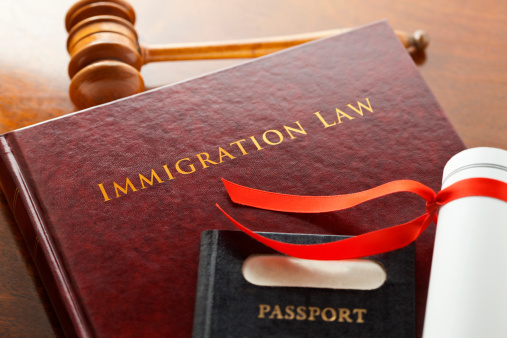

07.
Adjustment of Status
Many foreign nationals who live in the United States want to stay here permanently by obtaining a green card. Adjustment of status is the process by which these immigrants can apply for permanent residence without having to leave the country.
Getting a green card can be tricky, and those seeking that coveted document often make fatal mistakes either on the application itself or while their application is pending, such as traveling abroad without the necessary authorization.
At the Law Office of Attorney David Bagdasarian, we will guide you through the entire adjustment of status process. We’ll prepare the necessary paperwork, prepare you for required interviews and tests, and help prevent mistakes that could jeopardize your efforts.
08.
Immigration Appeal Process
You have worked hard to build a new life in the United States for yourself and your family. But all can be lost if the government seeks to deport you or one of your loved ones.
For foreign nationals and immigrants living in the United States, the prospect of losing everything can be overwhelming. The fear of being removed from your home, job, community, and family is only compounded by confusion about what to do next.
We will work to achieve relief that may result in a stay or cancellation of removal proceedings, including:
Cancellation of Removal, which ends removal proceedings and ends the government’s efforts to seek deportation.
Voluntary departure, which allows the subject of removal proceedings to avoid deportation by leaving the United States at their own expense and on a certain date.
Adjustment of status, which may result in obtaining lawful permanent resident status.
Asylum, for those who cannot return to their country of origin due to a legitimate fear of persecution at home.
The consequences of a deportation proceeding can destroy entire families.
If you or a loved one is facing deportation or removal proceedings, please contact our offices and schedule an appointment. Attorney David Bagdasarian will help you with your appeal process.

09.
I-601 Waiver
You have worked hard to build a new life in the United States for yourself and your family. But all can be lost if the government seeks to deport you or one of your loved ones.
For foreign nationals and immigrants living in the United States, the prospect of losing everything can be overwhelming. The fear of being removed from your home, job, community, and family is only compounded by confusion about what to do next.
We will work to achieve relief that may result in a stay or cancellation of removal proceedings, including:
• Cancellation of Removal, which ends removal proceedings and ends the government’s efforts to seek deportation.
• Voluntary Departure, which allows the subject of removal proceedings to avoid deportation by leaving the United States at their own expense and on a certain date.
• Adjustment of status, which may result in obtaining lawful permanent resident status.
• Asylum, for those who cannot return to their country of origin due to a legitimate fear of persecution at home.
The consequences of a deportation proceeding can destroy entire families.
If you or a loved one is facing deportation or removal proceedings, please contact our offices and schedule an appointment. Attorney David Bagdasarian will help you with your appeal process.

10.
Advance Parole
The advance parole is a travel permit that is an essential requirement for some foreigners who are in the United States to travel outside the country and return.
There are several categories of foreigners who must apply for advance parole to travel abroad and return. But the common point that all of them have is that they are people who are currently in the United States and that if they travel abroad without the travel permit, they could not return because they lack the proper immigration document, such as a valid visa or card. of permanent residence.
Note: If you have a prior deportation order or have an open or closed EOIR case, leaving the United States as a DACA recipient will prevent you from being allowed to return to the United States, even if your advance parole was granted. . It is important to speak with an experienced immigration attorney to prevent this from happening to you.
Always return before your advance parole document expires. Please allow extra time to return to account for travel delays. Have your DACA document and Advance Parole with you and leave copies with close friends or family members in case you lose your documents.
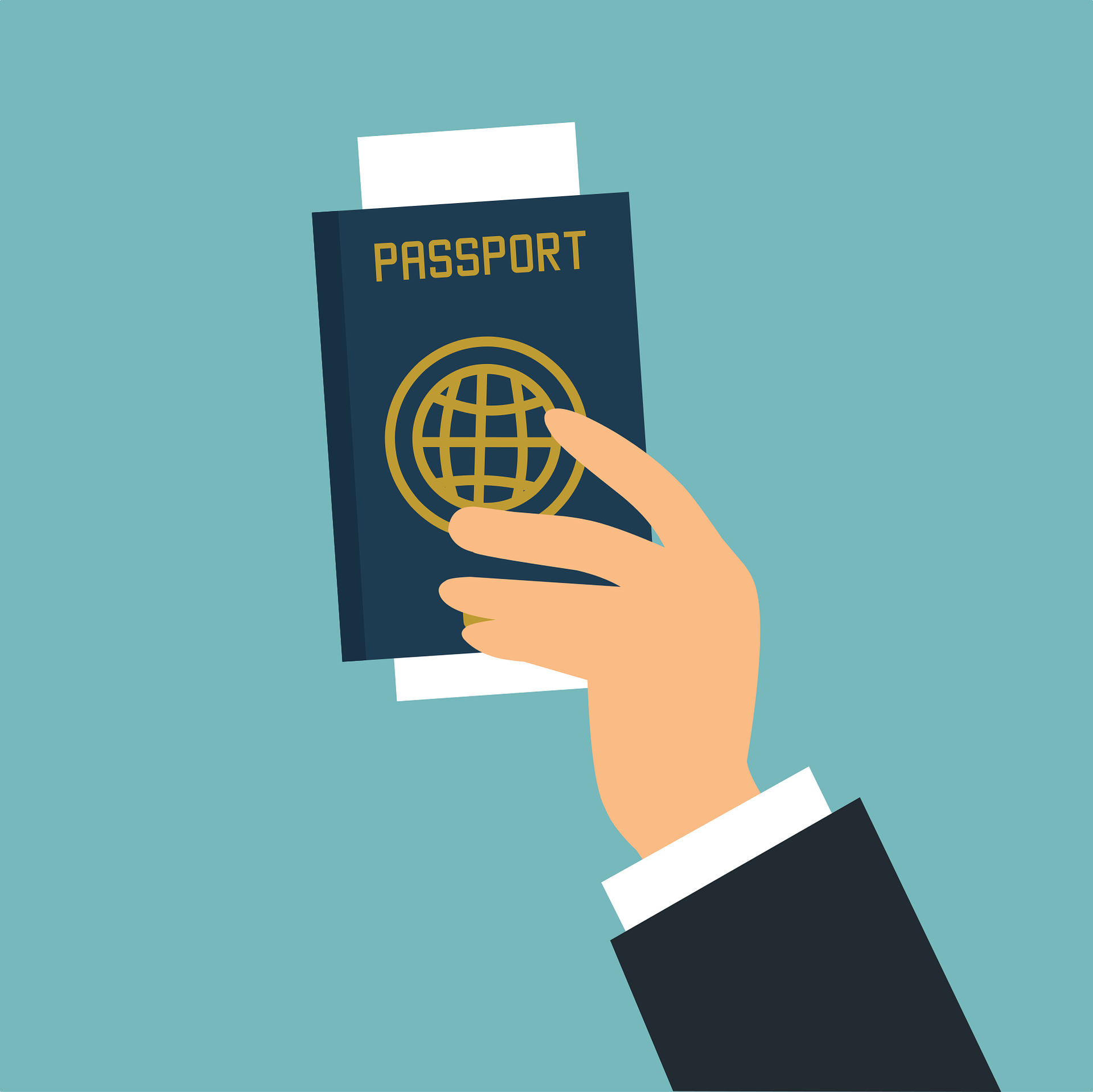
11.
NACARA
If you are a citizen of a Central American country and want to know the requirements for the NACARA Law, this article interests you, since it is a Nicaraguan Adjustment and Central American Relief Law that was approved by the United States Congress in 1997.
The NACARA law serves so that certain immigrants from Nicaragua, El Salvador, Guatemala, Cuba and countries of the former Soviet Union obtain immigration benefits and relief from deportation.
Through NACARA, qualified foreigners can obtain permanent residence in the US after applying for political asylum.
-The requirement is to have lived in the country for no less than five years since December 1, 1995.
US citizens of Nicaraguan or Cuban origin residing in the US can petition for their immediate family members. For Cubans, the most expeditious route is the Cuban Adjustment Law.
According to figures from the Citizenship and Immigration Service (USCIS), many NACARA applications have not been processed. The denial of NACARA was for various reasons:
-Lack of biometric tests (fingerprints).
-Signatures without evidence.
-Address changes.
-Those who have not completed this process still have the possibility of legalizing their stay in the US.
David Bagdasarian is a specialist in NACARA and can help you with everything you need. Call us and we will arrange a personalized consultation to explain in detail the benefits and options available to you.

12.
TPS
Temporary Protected Status (TPS) is a provisional benefit that allows people who are already in the United States, and who come from certain countries with extraordinary and dangerous conditions, to live and work legally on a temporary basis.
The United States Department of Homeland Security (DHS) designates which nationalities can benefit from the program temporarily, and it is granted for six to eighteen months, and can even be extended.
TPS is a special designation that DHS grants to some countries that suffer from dangerous conditions, which could prevent their citizens from returning safely to their country of origin. In other special circumstances, countries are included in the TPS list if they cannot process the return of their citizens.
The US Citizenship and Immigration Services (USCIS) sometimes grants TPS status to citizens of countries that have been designated as TPS nations.
And people who claim to have a nationality admitted to TPS, because that country was their last place of residence, can also qualify for temporary protected status, even if they do not have citizenship of that country.
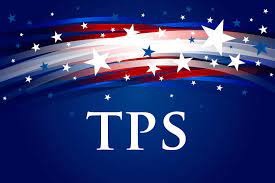
13.
VISA for the USA
The B-2 visa allows you to enter the United States on vacation, to visit friends or family, obtain medical treatment, or participate in competitions or tournaments where you do not receive pay. With this type of visa, the visitor cannot work or attend a course of academic study.
The officer at the port of entry or airport decides how long you can stay in the country, usually a six-month stay.
To apply for a visitor visa, the person has to fill out a form called DS-160 and attend an appointment at the US consulate in their country. He will need to prove to the officer at the consulate that he has strong ties to his country and therefore does not intend to immigrate or stay in the United States for longer than indicated. Evidence must be used to prove the above, which may include:
-Employment verification
-Statement of bank accounts
-Property titles
-Evidence of family relationships
Contact us and request a free consultation, attorney David Bagdasarian can help you achieve a positive result.
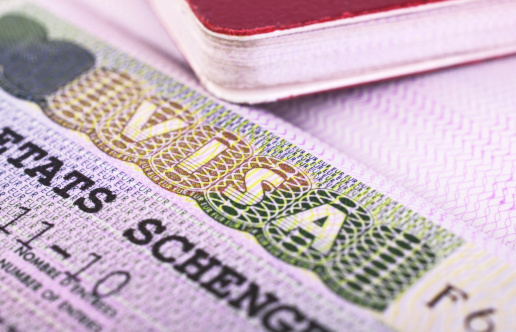
14.
Consular Processing
By consular process or procedure we speak of the method used by immigrants to obtain permanent residence from outside the US This method is also used when the immigrant is not eligible to use adjustment of status.
With the consular process the immigrant seeks to obtain permanent residence. To do this, you must first comply with the following:
Be the beneficiary of an approved immigrant petition.
Have an immediately available immigrant visa number.
With these requirements fulfilled, you now have 2 main ways to obtain residency: adjustment of status or consular processing.

15.
How to get a Green Card
The Green Card is the document that authorizes permanent residence in the United States for people who come from abroad. In addition, it is one of the prerequisites for obtaining citizenship.
The steps that must be followed to apply for this card vary depending on the individual situation, but most will need to complete at least two forms: an immigrant petition and the application for a Green Card (Form I-485).
Most of the time, this benefit is granted at the request of a third person: family member, company or US organization.
Having a Green Card is a privilege. Residents can live permanently anywhere in the United States and have the right to work in the country’s companies with social security.
According to the Department of Citizenship and Immigration (USCIS), permanent residents can own property, have the right to attend public schools, and apply for a driver’s license in their state.
Similarly, permanent residents are eligible to apply for citizenship once they have met the requirements. They can also apply for visas for their spouse and unmarried children to reside in the United States.
If you have been with a Green Card for more than 5 years, you can be a candidate to obtain American citizenship. Contact our office and request a free consultation to give you the best option to apply for the Green Card.
